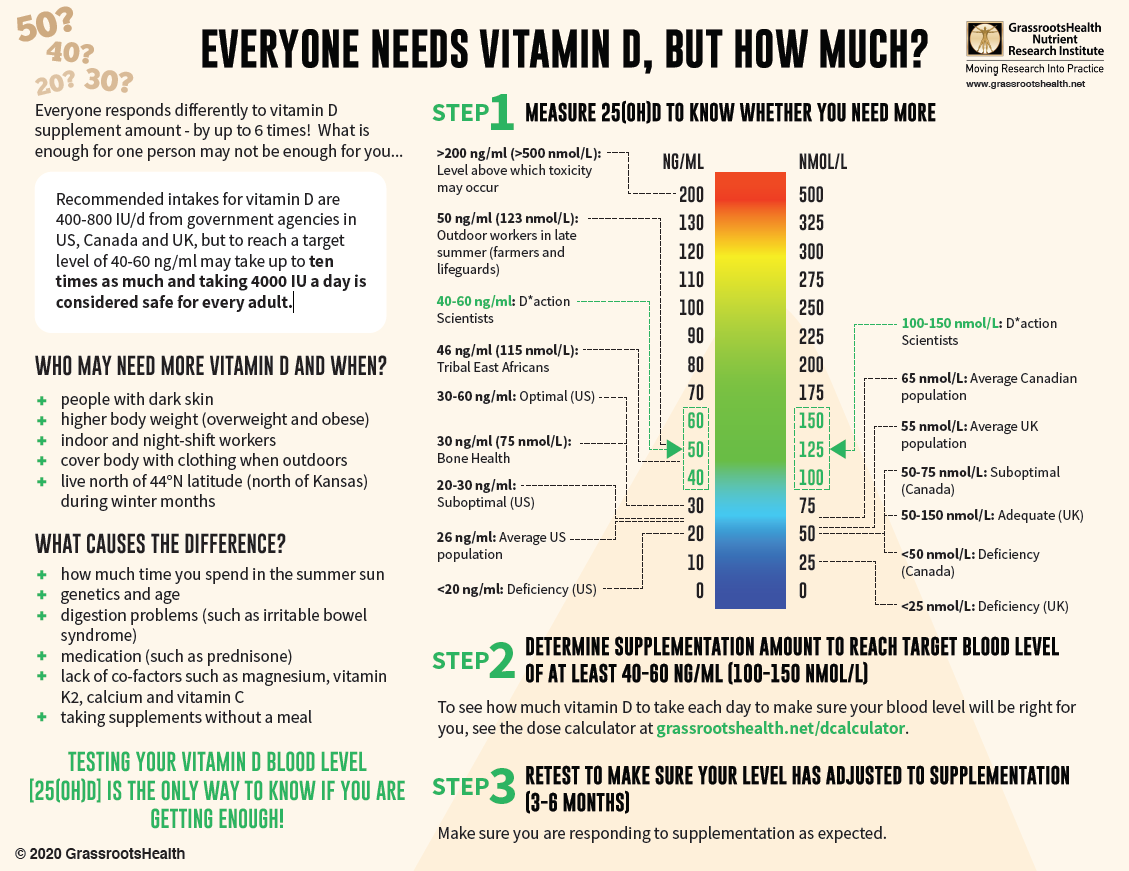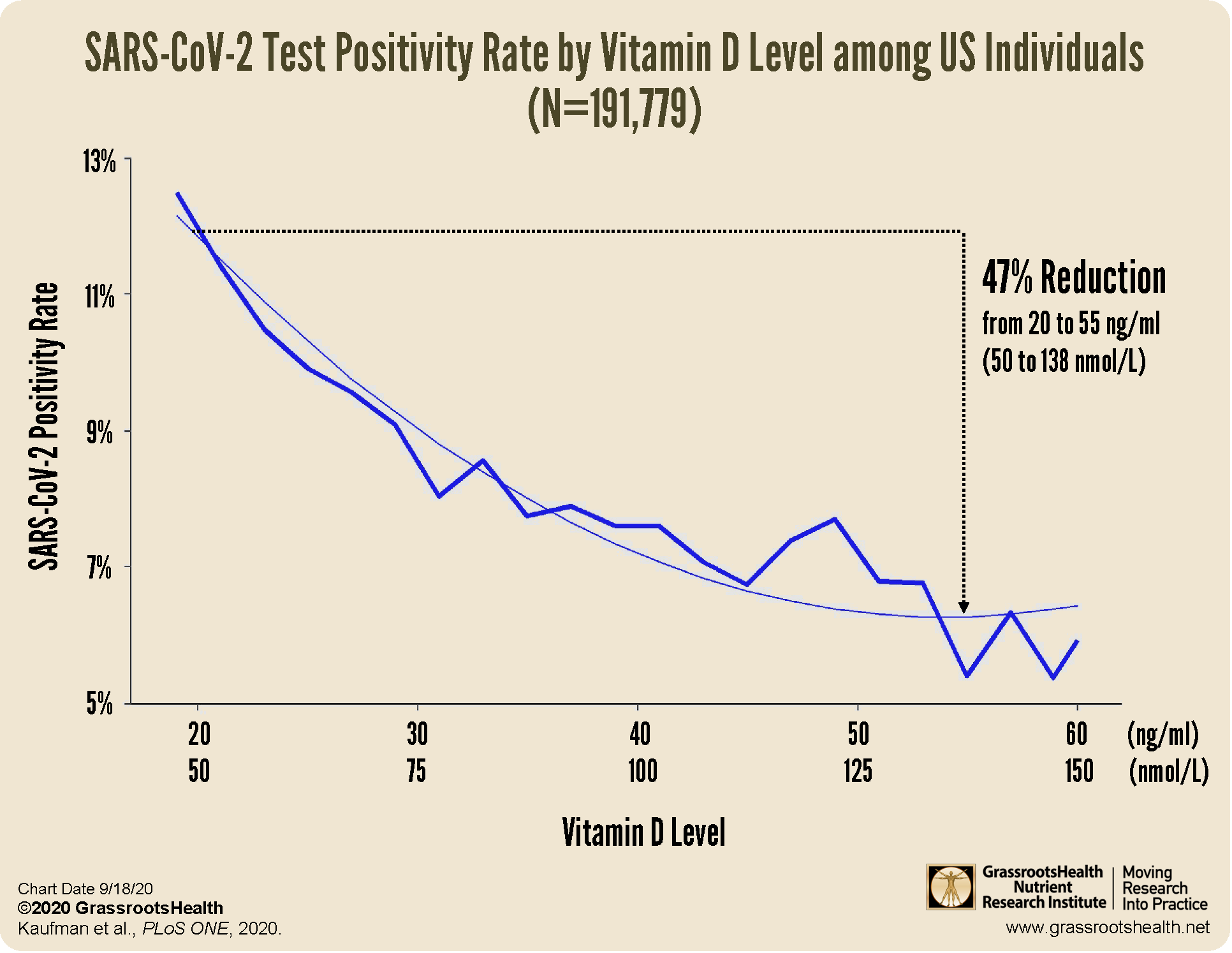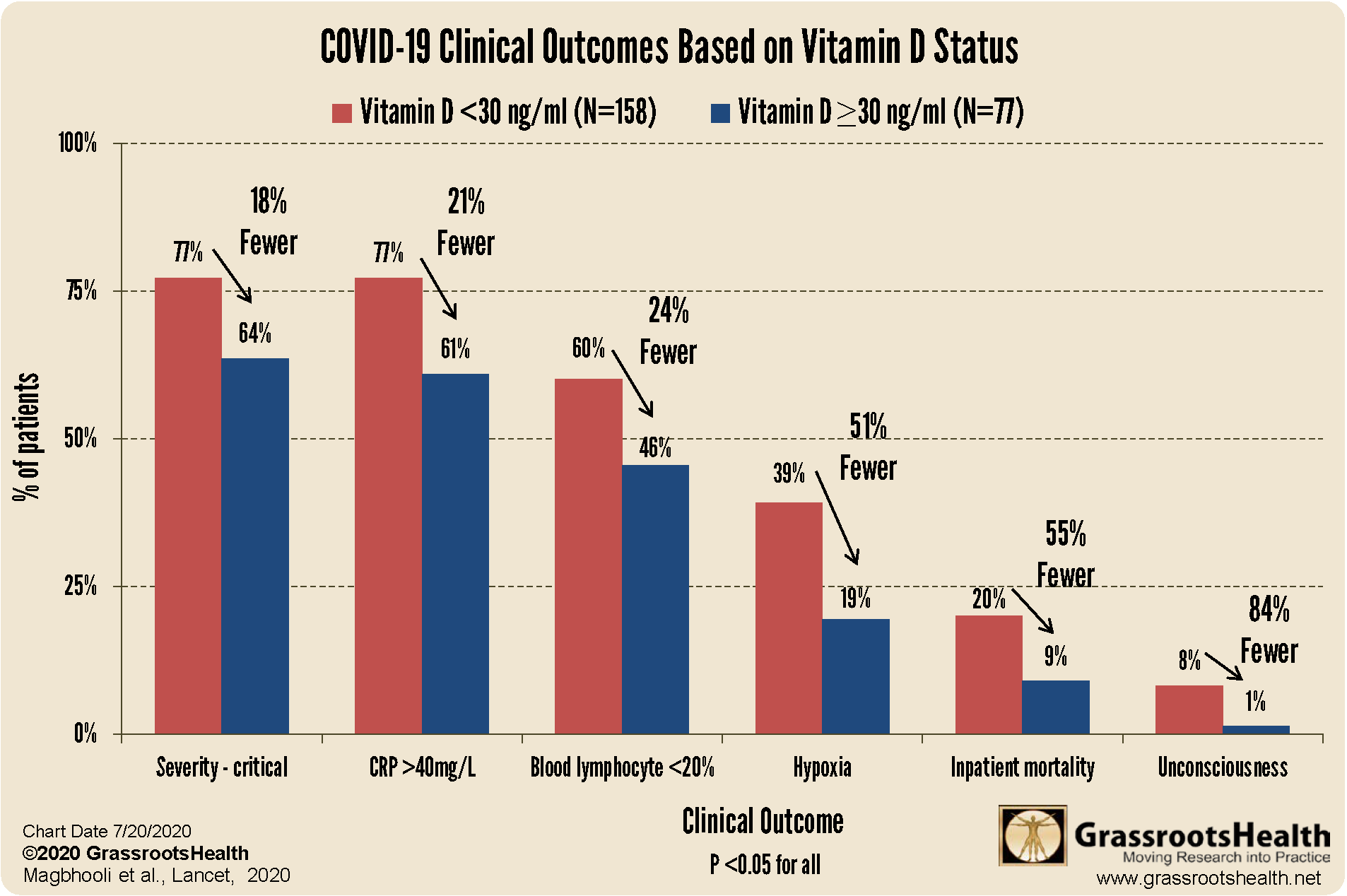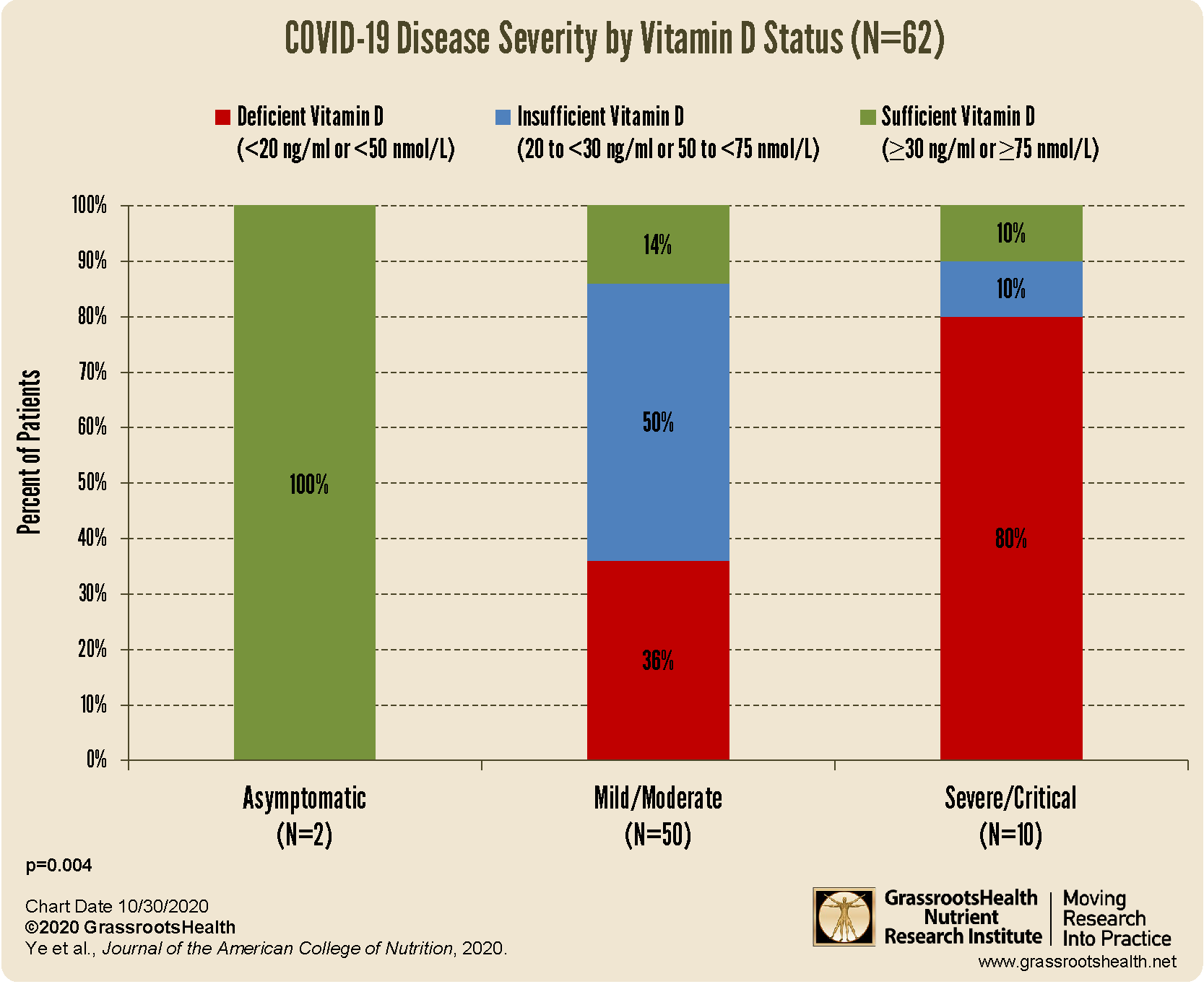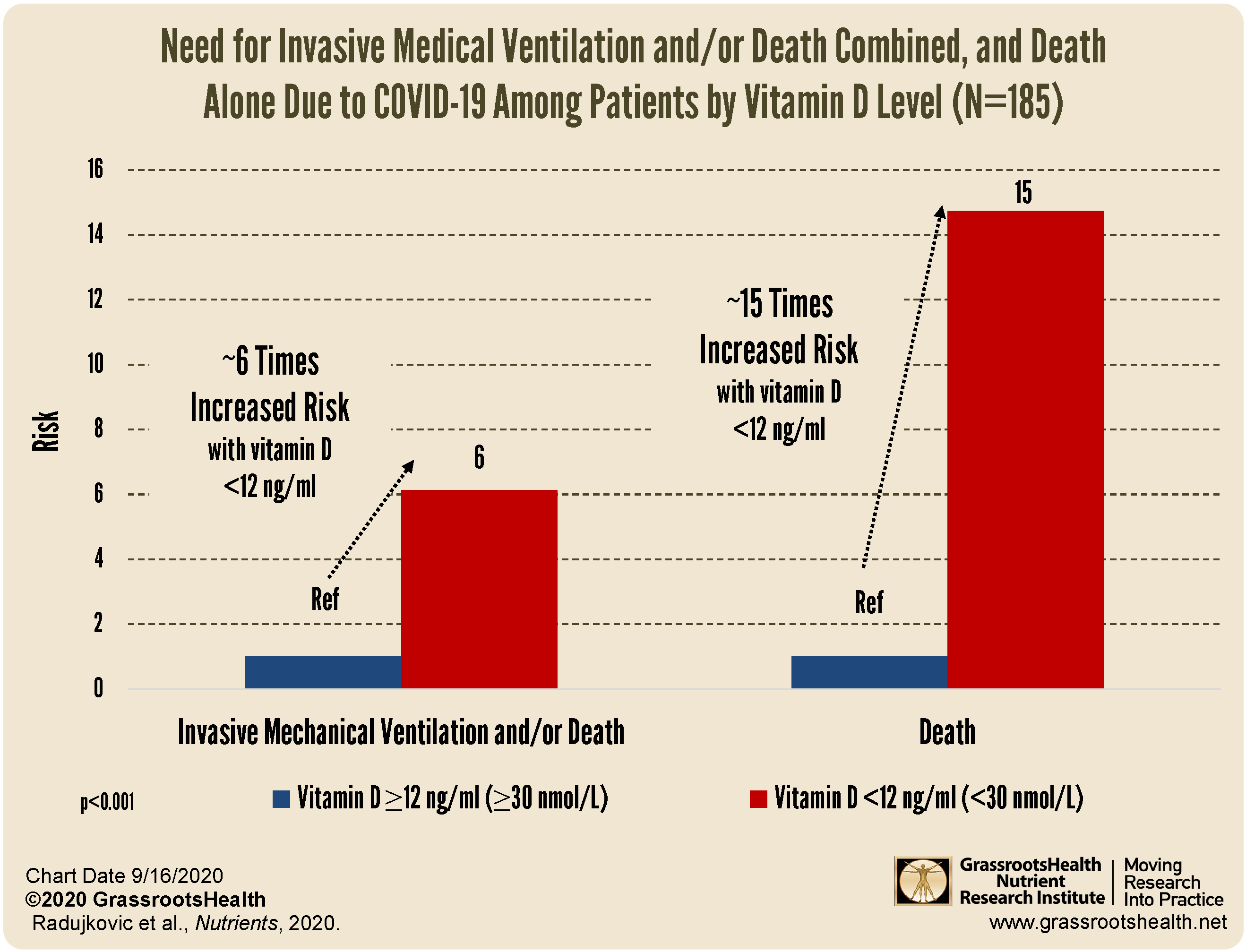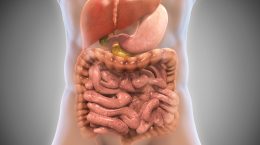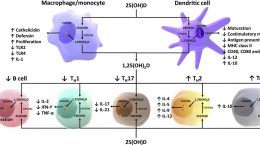Published on April 9, 2021
Video Friday: A brief review of studies shows how vitamin D can lead to healthier gut bacteria, healing of the gut, and improvement of digestive symptoms and IBS
It’s Video Friday! Today we feature a video by Dr. Michael Ruscio, DNM, DC showing how recent evidence is suggesting that vitamin D can help reduce inflammation in and heal your gut. This can lead to a healthier microbiota (world of bacteria in your gut). Importantly, these changes lead to improvement of digestive symptoms as seen in IBS; bloating, abdominal pain and altered bowels.
Please take a moment to watch and share the video along with our detailed information below.
Watch the Video
After watching the video, be sure to make note of our added details below.
Vitamin D, the Microbiome, Inflammation and Gut Health
Here is a quick summary of what this video discusses, along with additional information and details about vitamin D:
- Inflammation in the gut allows unhealthy bacteria to grow, while inhibiting the growth of healthy bacteria. Healing the gut leads to increased numbers of healthier bacteria, which leads to improvement of digestive symptoms and IBS.
- Vitamin D and sunshine have been shown to improve gut health, improve the diversity and richness of the microbiota, and protect the gut by influencing immune cell function and regulating inflammation.
- A study by Kanhere et al. showed that vitamin D insufficiency was associated with alterations in microbiota composition that promoted inflammation, and supplementation with vitamin D had a positive impact on the microbiota composition.
- Recent evidence also shows that vitamin D acts to maintain the integrity of the gut mucosal barrier by enhancing the intercellular junctions that control mucosal permeability and reducing pro-inflammatory cytokines such as IL-8. Maintenance of sufficient vitamin D status may be essential for the development of a healthy gut microbiota, particularly in conditions defined by chronic mucosal inflammation.
- The role of vitamin D in the maintenance of immune homeostasis seems to occur in part by interacting with the gut microbiota, decreasing leaky gut, improving gut function and the gut barrier, and benefiting healthier gut bacteria.
- Vitamin D level has been inversely associated with healthy bifidobacterium (there is a positive impact of vitamin D on bifidobacterium levels).
- A study by Abbasnezhad et al. titled Effect of vitamin D on gastrointestinal symptoms and health-related quality of life in irritable bowel syndrome patients: a randomized double-blind clinical trial found that supplementing with vitamin D improved IBS symptoms compared to placebo.
- Overall, maintaining healthy levels of vitamin D may lead to an improvement in health, wellbeing and digestive symptoms.
- Healthy sun exposure is a great way to increase vitamin D levels for individuals with digestive issues, and can lead to additional health benefits beyond vitamin D production – it is important to get safe sun exposure!
- Vitamin D deficiency is a major public health concern. Each individual can only produce enough vitamin D if getting enough sunlight or getting enough vitamin D from a dietary/supplement form. If you do not go out in the sun, if you use sunscreen or if you have higher amounts of melanin (darker skin pigmentation), then you require a vitamin D supplement to provide adequate amounts of vitamin D to your body.
- To determine how much vitamin D supplementation might be needed, it is important to know where your level is at currently and what target level is desired. Using these two values, the D*calculator provides two options for increasing vitamin D levels – a “Loading Dose” and a “Maintenance Dose” allowing users to choose how quickly they would like to achieve their desired levels.
Are You Getting Enough Vitamin D for Your Health?
With almost 90% of the general population having vitamin D levels below the recommended 40-60 ng/ml (100-150 nmol/L), it is obvious that most people need more vitamin D. While most of us cannot achieve a vitamin D level of 40-60 ng/ml from sun alone, either due to our lifestyle, where we live, or other circumstances, we can certainly reach those levels with the right amount of supplementation.
Below is a guide for how much you might need, and who may need more. Your levels can be tested safely at home – order your home test kit today.
By joining the GrassrootsHealth projects, you are not only contributing valuable information to our study, but you are also gaining knowledge about how you could improve your own health through measuring and tracking your nutrient status, and educating yourself on how to improve it. Do you know what your status of vitamin D, omega-3s, and other essential nutrients is? Could your levels be improved? Test now to find out!
 We now have a NEW GIFTING SERVICE that allows you to quickly send ‘Gift Cards’ to friends, family and coworkers who you consider might need immediate access to testing, and to Claim the Joy of Your Health TODAY. Give the gift today!
We now have a NEW GIFTING SERVICE that allows you to quickly send ‘Gift Cards’ to friends, family and coworkers who you consider might need immediate access to testing, and to Claim the Joy of Your Health TODAY. Give the gift today!
What does the Research Say about Vitamin D & COVID-19?
It’s TIME to start saving lives! If you can help PREVENT the majority of the death, it’s time! What’s it costing you/us not to take action NOW?
There is much published research that supports a clear link between vitamin D and COVID-19 showing that higher vitamin D levels are related to:
a decreased risk of testing positive for COVID-19
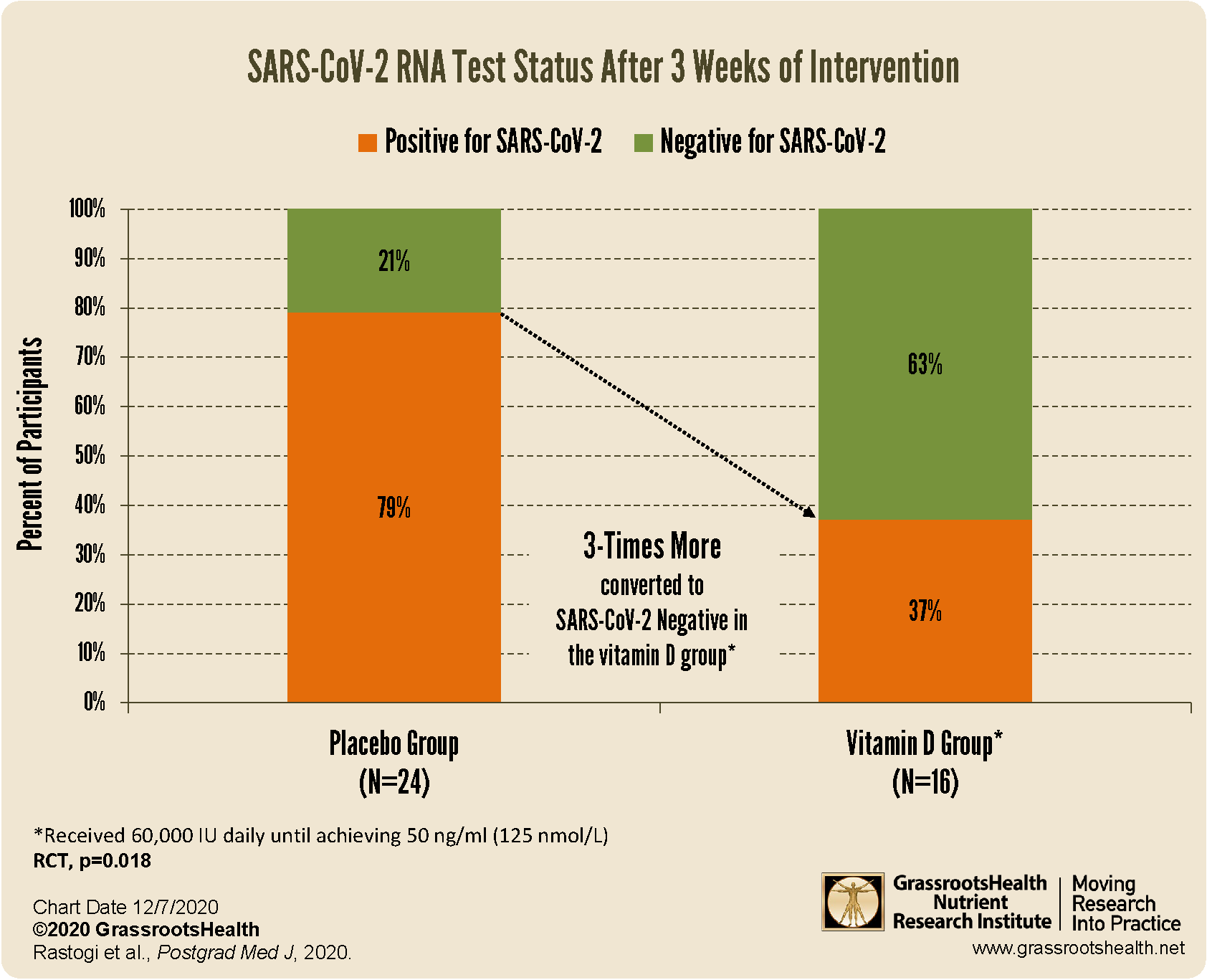 increased viral SARS-CoV-2 RNA clearance
increased viral SARS-CoV-2 RNA clearance
better clinical outcomes among patients with COVID-19
decreased risk of death due to COVID-19
Be sure to educate yourself on the benefits and importance of vitamin D for immune health, and take steps to ensure you and your loved ones are getting enough.
You can review all of the COVID-19 and immune health information we have shared on this page.



